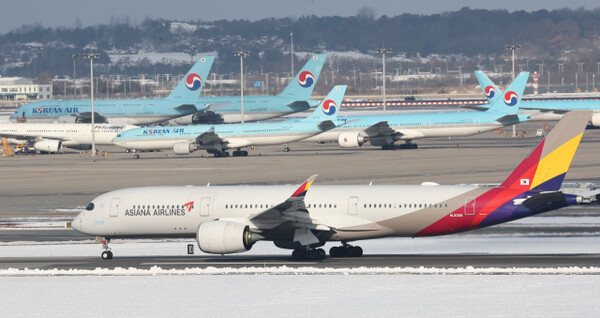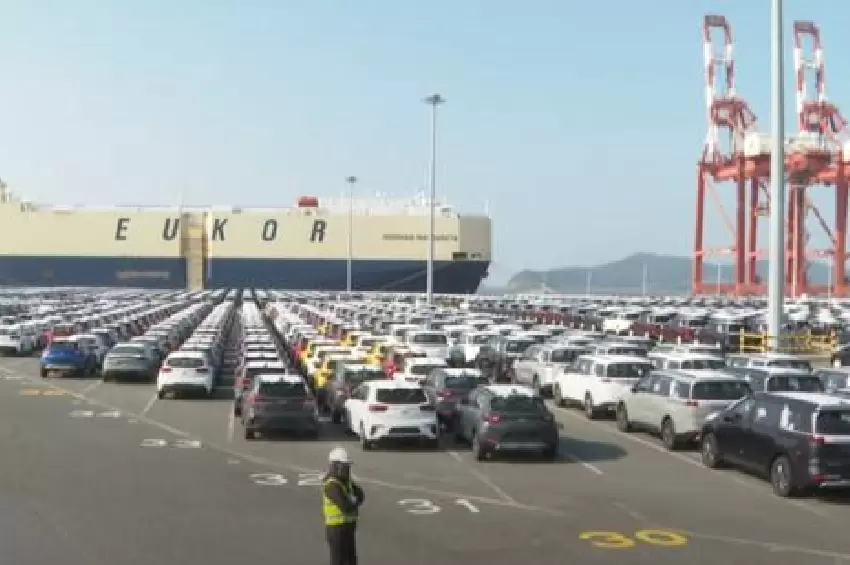The Impact of the Won-Dollar Exchange Rate on South Korean Industries
On December 10, the Bank of Korea reported that as of the end of last year, the external debt of domestic non-financial companies amounted to $166.12 billion (approximately 232 trillion won). The sharp rise in the won-dollar exchange rate, exacerbated by the political turmoil surrounding President Yoon Suk Yeol's impeachment, is causing significant distress for South Korean companies.
The business community has noted a significant increase in foreign debt this year, particularly in the battery and aviation industries. For instance, LG Energy Solution's foreign debt as of the third quarter stands at 9.5987 trillion won, while Korean Air's foreign borrowings amount to 14.6986 trillion won. SK Hynix, which spent $9 billion on acquiring Intel's NAND business in 2020, has reduced its borrowings by several trillion won through a group-wide 'rebalancing' effort this year but still holds foreign debt of 25.0998 trillion won.
On the day following the declaration of martial law by President Yoon, SK Group convened an emergency meeting of its top executives, chaired by Chey Chang-won, head of the SK SUPEX Council, to assess the impact of the exchange rate surge on the company's finances. SK Group, including SK Hynix, SK Innovation, and SK On, holds substantial foreign debt and is classified as one of the business groups most sensitive to exchange rate increases.
Domestic companies are concerned that if high exchange rates persist, it could negatively affect their financial stability and performance. In the short term, they can withstand the shock through foreign exchange hedging measures such as forward exchange contracts, but if the situation prolongs, it will be difficult to bear the losses. LG Energy Solution estimates that a 10% increase in the won-dollar exchange rate would reduce its pre-tax profit by 238.8 billion won.
Although the trade balance is in surplus this year, there are fears that if it returns to a deficit from next year, a dollar shortage could occur. Companies need dollars to purchase raw materials, and as they buy dollars in the market, the value of the dollar rises, leading to an increase in the exchange rate. A business community representative stated, "The fact that the won-dollar exchange rate has exceeded 1,400 won is already a crisis situation," adding, "If the burden of interest and principal repayment on foreign currency-denominated debt increases, normal investment and employment could become difficult."
Furthermore, the conventional wisdom that a higher exchange rate benefits export companies is gradually collapsing. In the past, it was common knowledge that a higher exchange rate would improve the price competitiveness of South Korean manufacturing companies, leading to increased exports. However, with the global supply chain becoming more complex, the causal relationship between exchange rates and exports has weakened. Experts also point out that an increase in the exchange rate could lead to a decline in global credibility, resulting in losses in various trade finance areas.










Comments